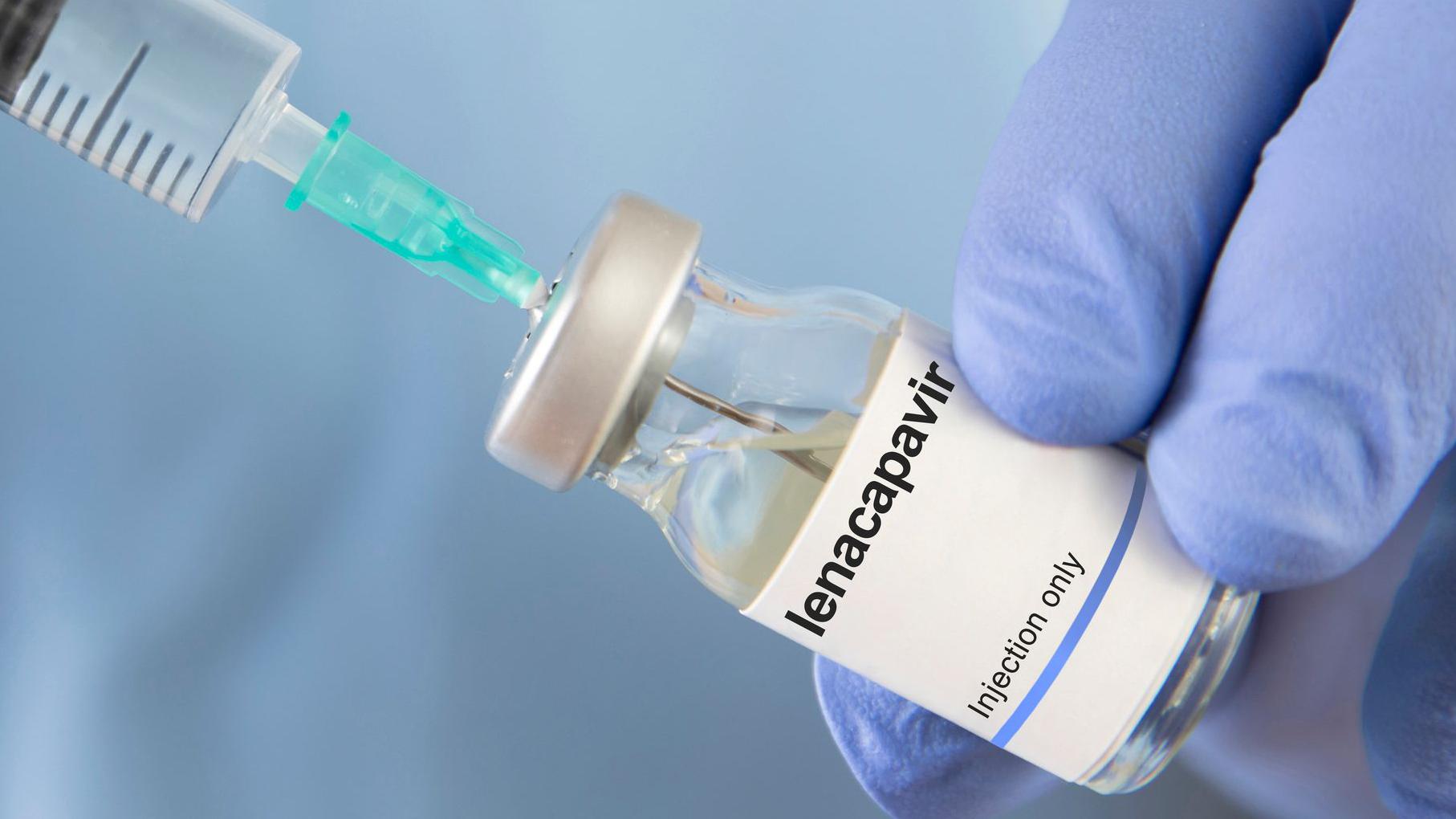
A global pact will cut the price of lenacapavir, a long-acting HIV prevention injection, to about $40 per person a year across 120 low- and middle-income countries by 2027, opening access to millions and bolstering efforts to curb new infections.
The agreement—announced Wednesday by the Clinton Foundation with partners including the Gates Foundation and South Africa’s Wits RHI—follows talks with manufacturers and comes as the branded product, priced around $28,000 annually, begins limited rollout this year.
Lenacapavir, taken twice yearly, blocks HIV replication inside cells and in July won World Health Organization backing for prevention, after earlier approvals by the U.S. Food and Drug Administration and the European Commission. A generic version is planned pending regulatory clearance, with availability targeted within roughly 18 months.
Advocates say long-acting options could be transformative for groups with high infection risk—adolescent girls and young women, LGBT people, sex workers and people who use drugs—where adherence to daily oral pre-exposure prophylaxis (PrEP) is challenging. Only about 18% of those who could benefit currently access PrEP, the Gates Foundation estimates.
Researchers say even modest uptake could have outsized impact; one modeling study suggests reaching 4% of the population could avert up to 20% of new infections. Lenacapavir is also being studied for treatment regimens.
UNAIDS estimates more than 40 million people are living with HIV worldwide. Despite progress since 2000, about 1.3 million people acquired HIV last year and over 600,000 died of AIDS-related illnesses. South Africa, with nearly eight million people living with HIV, is among countries expected to receive the lower-cost injection.
